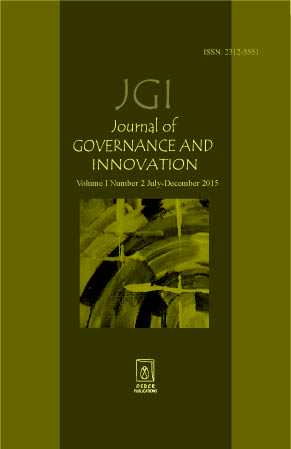The economy of Bangladesh is shifting its paradigm in an accelerating speed. Such shifting got its recognition from the World Bank in 2014 as the country was listed as Low Middle Income Country. The country targets a much more ambitious goal of becoming a middle-income country by the year of 2021 in its 50th Birthday. As the economy of a country develops its energy needs and priorities change. The trend in these cases is to adopt more efficient technologies with a substantial change in the policy and legal sphere. All the three elements of energy demand, economic activities, population growth and rapid use of technology are fulfilled by Bangladesh. Moreover, Bangladesh is one the worst victim of climate change. The recent trend shows a fundamental shifting from fossil resources friendly policy to sustainable and environment friendly energy policy all over the world. There are around 14 laws regulating the energy sector in Bangladesh. Half of these laws are about forming and dictating the procedures of regulatory bodies governing the energy sector. Firstly, this paper will analyze these laws to judge whether they are efficient to provide support to the economic aims of the country. Secondly the paper will discuss about the mechanism of these laws to figure it out that whether these laws are in compliance with the test of the 2015 United Nations Climate Change Conference, COP 21 or CMP 11, held in Paris and meeting the criteria of sustainable development of this coping era. Lastly the paper will discuss about the need of shifting in policy and relevant legislation in compliance with the trend of the world. Now going with this emerging view this paper is attempting to meet the highly demanding needs of this energy legislature as well as regulatory activities from the very root.



 Upcomming Insearch Conference 2021
Upcomming Insearch Conference 2021 Today 0
Today 0